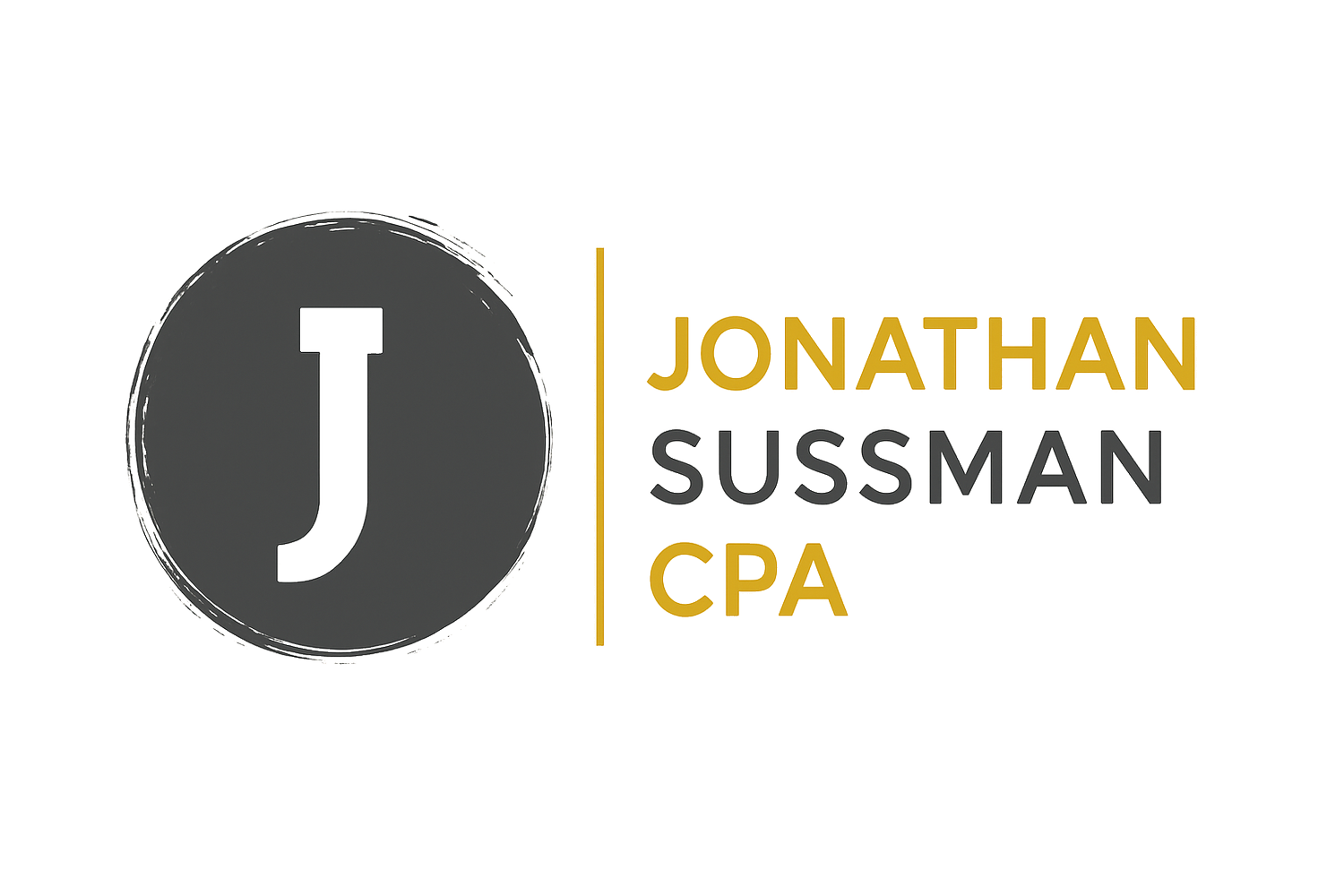How Cannabis Operators Can Successfully Remove IRS Tax Debt
If you’ve ever had to pay a tax bill related to cannabis sales, you know how heavy it can be.
If you’ve ever neglected to pay your tax bills, however, then the weight can seem unbearable.
Yes, back taxes in any industry can be enormous, but cannabis back taxes are truly legendary, and this is regardless of whether or not you’re even turning a profit!
If there is a high-five or 6 figure tax debt hanging over your head, and you can just feel it rising every day, then you’ll want to read on.
IRS Tax Debt Resolution
In 99% of cases, your debt is not one that you owe to the state. I’m not writing to fix sales tax debt in this post. This is about income tax. Principally from 280E.
I’ll assume you’re well aware of how 280E prevents deductions or credits at this point, so I won’t delve into it here.
Sufficient to say, taxable income amounts are super high for cannabis companies.
And the IRS doesn’t hesitate to exercise it’s right to exploit this rule against cannabis companies.
However, the IRS has one agenda, and they know how to achieve it. They just want to collect everything that they can from you. Whether that boundary is set by laws or ability, they are not trying to cross it.
In other words, if you can’t possible pay it, they it’s not something that they’re after.
But you have to prove that to them. Once you do, they’ll set their sights on what you can afford to pay. Then they’ll forgive the rest.
But how do we do this? What’s the process for getting the IRS dogs off your tail?
Well, assuming that there is no possible way to pay this. Which means that your assets are not sufficient to cover the debt. And spreading the payment plan over a long period of time would not make this any easier. Then you will want to file an offer in compromise.
Filing and Offer in Compromise that Gets Accepted
There’s nothing new about an Offer in Compromise (OIC). It’s been around for a long time and used by businesses and individuals who have no reasonable way to pay off their IRS tax debt.
Long story short, you file a form 433-A if you’re an individual.
And 433 – B if it’s for your business.
Either way, you’ll report your yearly disposable income + your total asset value.
And this is what you’ll propose to pay.
For example, let’s use these numbers:
Your back taxes are $200K
Your disposable annual income is $5K
And you have total assets of $10K
You’d theoretically add 5K + 10K to get your new tax bill of 15K
You then have to pay a chunk of it up front, 20%, plus an application fee of roughly $200, but the remaining amount would be forgiven if the offer is accepted.
And if it’s rejected, then you can appeal the decision with other IRS tax forms.
But hopefully, with a reasonable offer that the IRS would be wise to accept, then you won’t have to deal with that.
Now can you do this on your own?
And the answer is that, you can, and maybe should try if it’s nothing too serious, but should consult with a professional if it’s a bigger job.
For example, if you have a tax debt of 10K or something like that. Nothing unbearable. Then it may not be worth hiring a professional to take care of this for you.
But if you’re dealing with cannabis back taxes, which can be enormous, then you’ll want a CPA’s review, approval, and signature attached to your offer when it gets sent off to the IRS.
Summary
And that’s it. If you are simply facing an unpayable tax bill, then this is likely your best option to get the IRS off your back so you can truly relax again.
And if you’re facing back taxes from the IRS and looking to reduce or remove them, then feel free to book a call with me and we can get a game plan going for you.
Hope this helped.
Hope this added value.
And I hope you have a good day.
